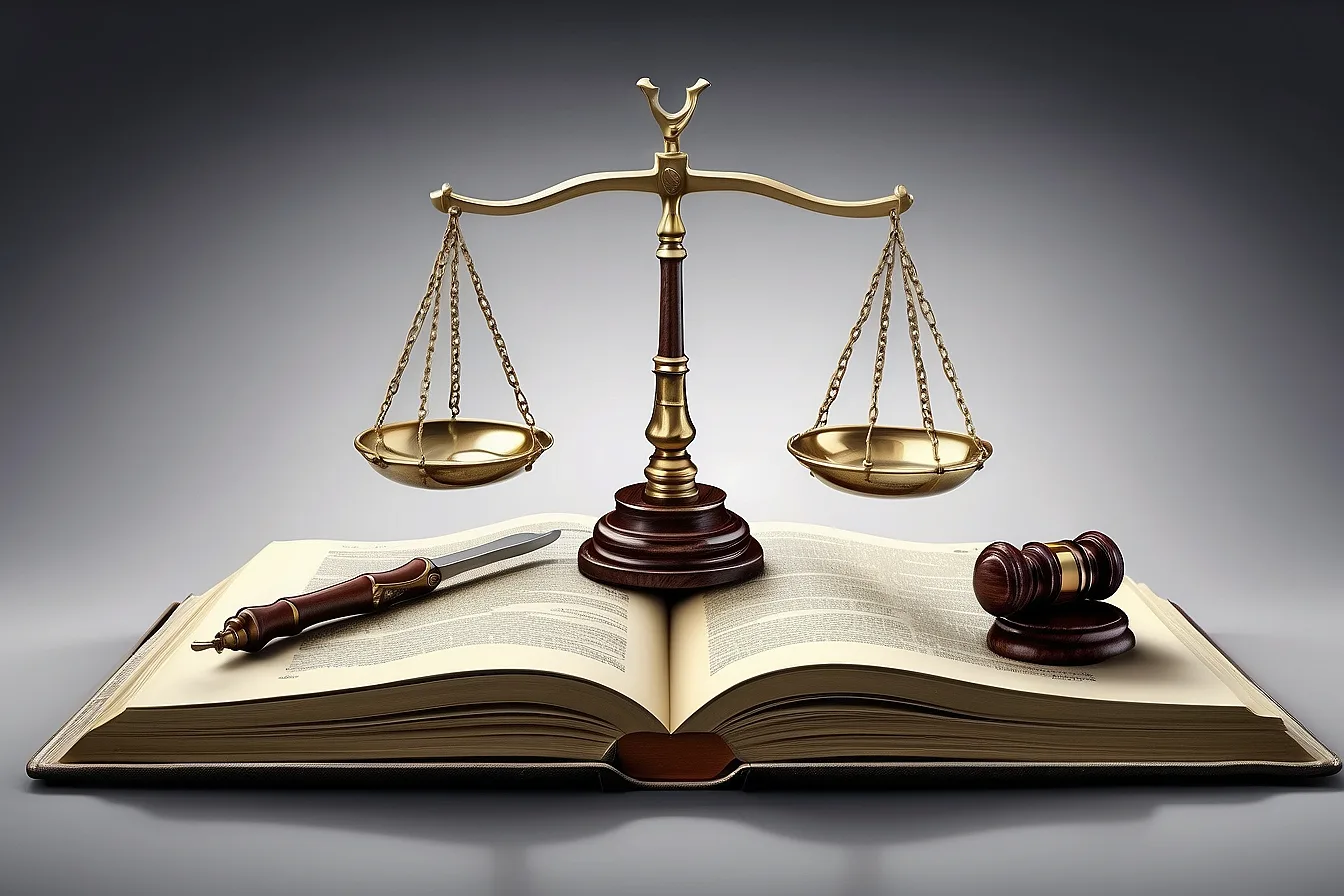The Rule of Law, a cornerstone of democratic governance and civilization, is deeply embedded in the fabric of India’s Constitution. This principle, though not explicitly mentioned in the Constitution, has been affirmed by the Indian judiciary as a fundamental part of its basic structure. The Rule of Law, a product of English jurisprudence and common law, ensures the absence of executive arbitrariness and the supremacy of law over the whims of rulers. It is a system that safeguards against official arbitrariness, prevents anarchy, and allows individuals to anticipate the legal consequences of their actions.
In the words of Lal Bahadur Shastri, “the rule of law must be respected with the aim of maintaining and further strengthening our basic democratic system”. This sentiment is echoed by Caroline Kennedy, who stated, “The bedrock of our democracy is the rule of law and that means we have to have an independent judiciary, judges who can make decisions independent of the political winds that are blowing.” These quotes underscore the importance of the Rule of Law in upholding democracy and good governance.
In India, the Rule of Law is not just a theoretical concept but a lived reality, ensuring that the administration is carried out in obedience to laws that clearly define the rights, privileges, and obligations of citizens. It is a testament to the wisdom of the framers of the Indian Constitution, who were influenced by British laws and English jurisprudence, that the Rule of Law continues to guide the nation’s democratic journey. It is a beacon of hope, a guarantee of the Constitution’s permanent validity, and a prerequisite for the functioning of democracy and good governance. Thus, the Rule of Law stands as the ultimate expression of human civilization and culture, and the new universal language of moral philosophy.

